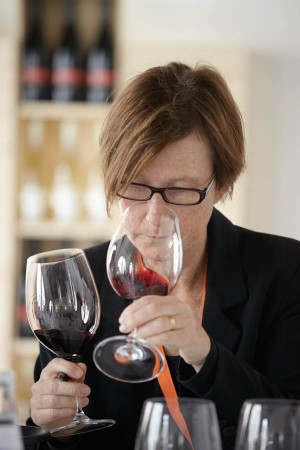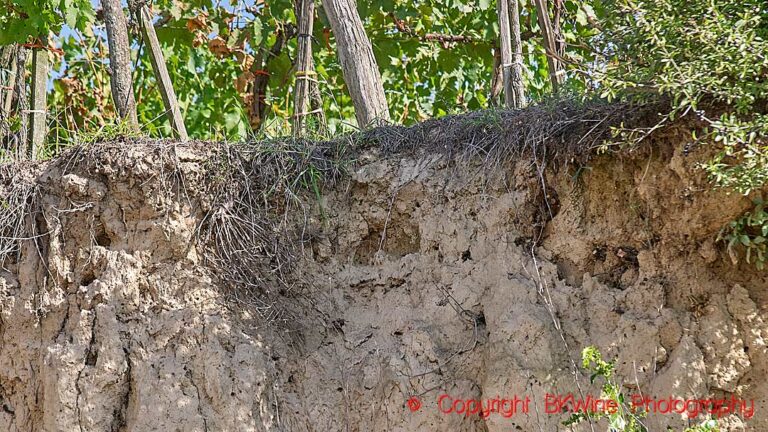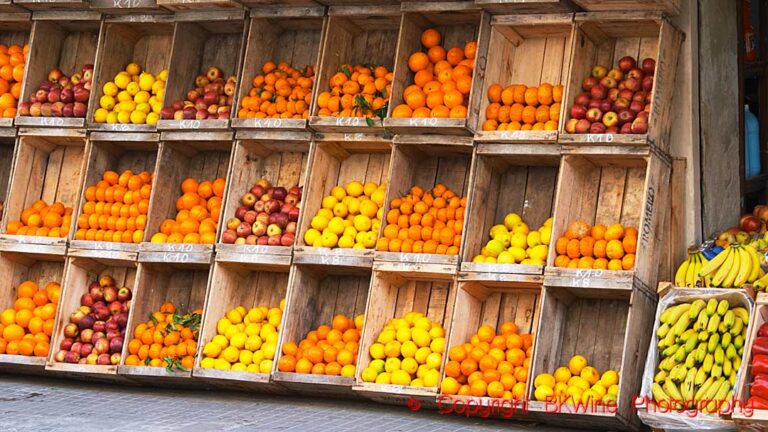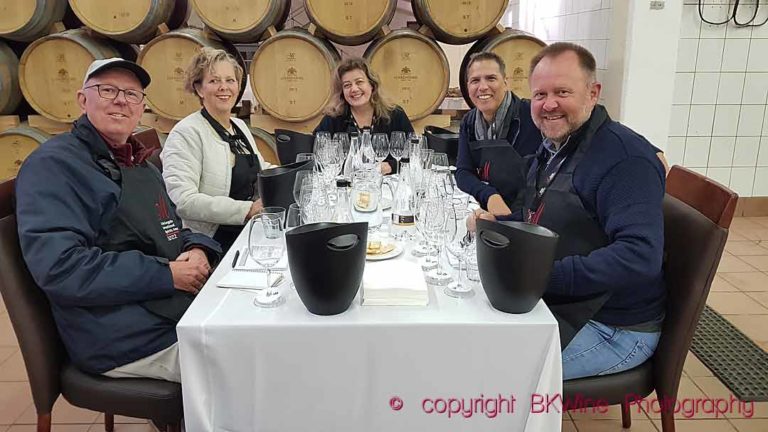Do you need prior knowledge (about the wine region, producer etc) as a wine writer to evaluate a wine?
Can you taste a wine totally blind and still give a competent tasting note?
Or, if you do NOT taste blind are your tasting notes still reliable?
This is all interesting but difficult questions. With no black-and-white answer.
Do you have to “understand” the wine, or a wine region, and know about its context to evaluate them or comment (fairly) on them? A nuanced answer is no doubt no and yes.
It is self-evident that for most wines in most contexts it is quite irrelevant what the “context” of the wine is (where the wine comes from, what the intentions of the winemaker were etc). Most consumers simply just drink wines for the good taste, not as an anthropological exercise. The taste is what matters. Not the history, the soil type, the family background of the winemaker.

At the same time it is equally evident that some wines are very difficult to “judge fairly” if you do not know what it is. For example, some wines from, say, the Jura could easily be categorised as “defective” if the taster does not know a bit about what is in the glass. (Is this the reason why sherry is so wildly under-valued by consumers?)
This poses a lot of questions for wine competitions.
Should you do like, for example, the Concours Mondial de Bruxelles? That is virtually no information at all about the wines to the tasters / the “jury”. A totally blind tasting in other words. (Quite a challenge we can assure you. We have been in the tasting jury on several occasions.)
Or like the Decanter World Wine Awards one? Where wines are tasted by regional experts in regional groups (possibly in price groups too?), with a tasting panel specialised in that region?
There are a number of other possibilities open too of course.
I think that the basic fundamental principle is that a wine should be judged on its own merit. Having insight in the “Roussillon history channel” when tasting a Roussillon wine (as was mentioned by Hervé Bizeul) should not be needed and certainly not a requirement for having an opinion (even if I perhaps stretch his argument to an extreme point). One important reason for this is that this is the situation for the vast majority of wine consumers. Most wine consumers don’t subscribe to the history channel.
At the same time, knowledge, experience and references are good things. There are some wines that are very difficult to appreciate to their full value unless you know a bit about what it is. And obviously: if you are sending a reporter to make a feature on the Roussillon you do not send one who knows nothing about it or even dislikes the wine styles. On the other hand, also from a media perspective: is that “fair”? You are really “setting things up” for a positive article since you send someone who is already positively pre-disposed.
You can have similar debates about art. A painting by, say, Mark Rothko is utterly uninteresting (not even “ugly”, just uninteresting) if you do not know a bit about the context. Is it still “art”? For the casual observer, who knows nothing about it, probably no. Unless he looks at the price tag and then inevitably concludes that “this must be high art”. A bit like the wine La Petite Siberie by the way…
And much of the raison d’être of us who write about wine is to delve into this “context”, the history, the soil types, the traditions, the families, people and personalities etc. In the hope that a few of the wine lovers out there will be interested.
In the end it has perhaps most to do about ethics. Journalistic ethics and the writer’s honesty to himself and to the readers.
What is your opinion? Please share your views!
(So here we come back to a subject that we previously wrote about here: Does it matter for a wine blog if the wines you write about are samples?)
Note: This article was sparked by these related posts:
- Chroniques Vineuses (Herve Lalau): Bizeul, la RVF, LPV, tout ça… vu du Québec
- Vin Quebec (Marc André Gagnon): Une chicane entre un vigneron et un critique
- Chroniques Vineuses (Herve Lalau): Bizeul, la RVF, tout ça (un commentaire)









5 Responses
A s a “professional taster”, the more I taste, the less I am sure of my judging abilities, for there are so many kinds of wines. But still, some experience helps, one builds up some kind of sensorial library which comes handy when you discover new wines.
I do try to keep a fresh view on wine, but of course I can’t avoid subjectivity nor reject all past experiences.
Very interesting topic, thought provoking.
Hi Per,
read with interest Mr. Lalau´s article, but couldn´t find the original reamarks or a link to Mr.Hervé Bizeul whom I deeplu respect for experiance and perfection in wine-making.
Any help, please?
You’ll find it in the Vin Quebec article referenced above.
Thanks a lot. Reading the links to LPV and RVF gives at least somewhat explanation to the underlying tensions. Interesting and thought-provoking.
Good points from Mr. Bizeul.